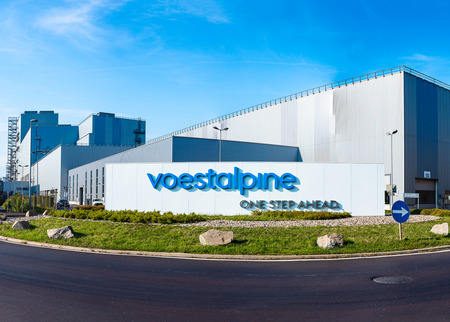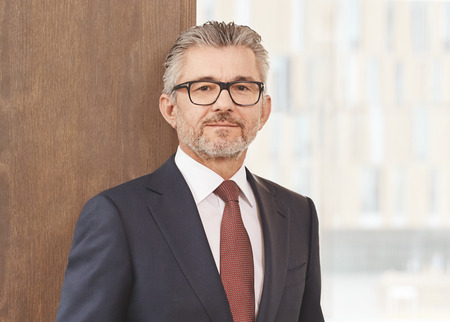At EUR 3.3 billion, voestalpine’s revenue for the first quarter of the business year 2019/20 was 3.8% lower than the revenue of EUR 3.5 billion for the first quarter of the previous business year. All four of the Group’s divisions were confronted with a slight decline in revenue resulting mainly from declining delivery volumes. Aside from the reductions in the sales volume stemming from economic developments as well as the increases in both iron ore prices and CO2 emission certificates, the start-up costs at the Group’s automotive plant in Cartersville, USA, also put downward pressure on earnings in the reporting period. As a result, the EBITDA of the voestalpine Group declined by 27.7%, from EUR 513 million to EUR 371 million, and the EBITDA margin from 14.8% to 11.1%. EBIT fell year over year by more than half, from EUR 324 million to EUR 157 million, and the EBIT margin correspondingly from 9.3% to 4.7%. Profit before tax dropped by 57.7%, from EUR 294 million to EUR 124 million; the profit after tax for the first quarter of the business year 2019/20 is EUR 90 million (previous year: EUR 226 million). The gearing ratio (net financial debt as a percentage of equity) rose from 49% as of June 30, 2018 (and 46.6% as of the March 31, 2019, annual reporting date), to 58.1% as of June 30, 2019. This increase is due to the growth in net financial debt, from EUR 3.3 billion as of the first quarter of the business year 2018/19 (and EUR 3.1 billion as of the business year 2018/19) to EUR 3.9 billion. For the most part, this increase in the first quarter of the business year 2019/20 stems from changes in international financial reporting requirements (recognition of leases pursuant to IFRS 16), which raised the interest-bearing liabilities by about EUR 437 million compared with the annual reporting date. At EUR 6.7 billion, equity was stable overall, both year over year (EUR 6.8 billion) and relative to March 31, 2019 (EUR 6.7 billion). As of June 30, 2019, the voestalpine Group had 51,670 employees (FTE), a slight decrease of about 0.3% year over year.


